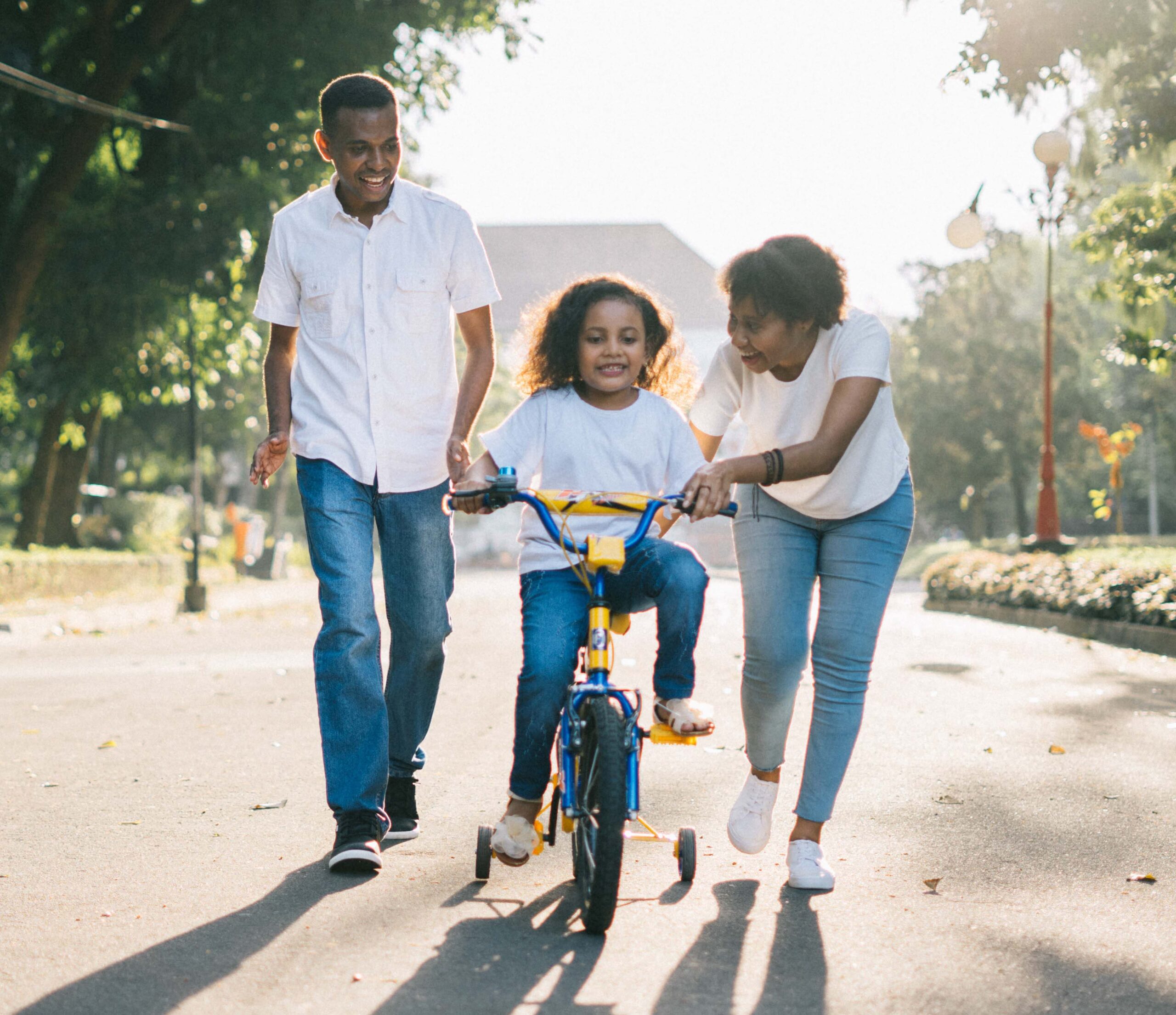By Torrey A. Creed, PhD
Families with anxious children often come to treatment with an expectation that therapy may focus on ways to help their child to be more brave, strong, and curious about the world. Parents are often surprised to learn how much their own behavior may also contribute to helping their child build these skills! Therapists can teach parents skills to move from accommodation to encouragement, contributing to a shift in how the child interacts with the world around them.
As a caregiver in the life of a child, many parents believe that part of their job is to look out for their child and protect them. Those beliefs make it hard to tolerate situations where their child is anxious or stressed. Parents may have beliefs like:
- My job is to protect this child from hard or anxiety-provoking things.
- My child can’t handle that situation – they’ll be too anxious!
- Something terrible really might happen if they face that fear!
- I can’t handle seeing them scared!
- My job is to make them feel safe.
Unsurprisingly, these thoughts often cause parents to experience feelings like worry, anxiety, shame, frustration, or guilt. Together, these thoughts and feelings may lead caregivers to engage in behavior that is intended to make the situation better for their child. For example, they might keep the child at home instead of putting them in a challenging situation; they may reassure the child repeatedly that things will be okay; or they may take care of hard situations for their child or intervene to make them easier. When parents accommodate their child’s fears in this way, they can unintentionally send their child a message like:
- You’re not strong enough to handle this.
- The world is too hard or risky for you to be in.
- Anxiety is dangerous!
- The best way to handle anxiety is to avoid it.
When children see adults they trust react this way, they believe them. Kids learn that avoidance is the best way to handle anxiety, and as the anxiety grows stronger, their world gets smaller. The good news for parents is that they get to make choices about how they react to a child’s anxiety, so that they can be as helpful as possible.

When working with a family that includes an anxious child, practitioners should help parents encourage their children to use their CBT skills to face anxious situations head-on instead of avoiding them. For some parents, that can be really challenging– keep in mind the thoughts and feelings that adults may have when kids feel anxious! The same CBT skills that children learn may be helpful for parents if they become concerned about their child facing their fears. For example, parents can use cognitive restructuring skills (often called the Three C’s, for children) to check out what they’re saying to themselves, and see if they can find thoughts to better help them support their child’s growing strength. They may find themselves moving to some of these thoughts instead:
- The best way to help my child to be stronger than the anxiety is to support him in being brave.
- I believe in my child. She can do this!
- A few minutes of discomfort now is a small price to pay for my child (and me!) to learn how strong she really is.
When parents encourage courage in their children, they create an environment in which kids can face their fears and learn that things are often less scary than they seem, and that they themselves are braver than they ever knew.